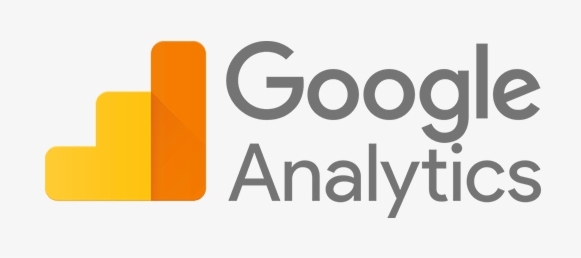- Home
- /
- Digital Marketing
- /
- Maximizing Digital Marketing Success through…
Introduction
Analytics and reporting are essential components of any successful digital marketing strategy. They provide valuable insights into how a business’s marketing efforts are performing and help inform future marketing decisions. In this blog post, we’ll explore the importance of analytics and reporting in digital marketing, as well as some key metrics to track and tools to use.
Note: If you prefer to watch rather than read, we’ve also created a video version of this guide on our YouTube channel. In this video, we have explored the benefits of Analytics and Reporting in Digital Marketing, best practices for creating effective strategies, and how to measure the success of your efforts. Checkout the video here!
Why Analytics and Reporting are Important in Digital Marketing?

In the realm of digital marketing, analytics and reporting are indispensable tools that serve a multitude of purposes. Analytics and reporting play a crucial role in digital marketing for several reasons.
Tracking Marketing Performance

Firstly, they allow businesses to track the performance of their marketing efforts. By analyzing data such as website traffic, click-through rates, and conversion rates, businesses can identify which marketing channels and campaigns are most effective, and make data-driven decisions about where to invest their marketing budget.
Customer Behavior Analysis

Secondly, analytics and reporting provide insights into customer behavior and preferences. By analyzing data such as user demographics, search queries, and social media interactions, businesses can gain a deeper understanding of their target audience, and tailor their marketing efforts accordingly.
Effective Marketing

Finally, analytics and reporting help businesses to continuously improve their marketing efforts. By tracking performance over time, businesses can identify trends and make adjustments to their marketing strategies to better meet their objectives.
Key Metrics to Track in Digital Marketing
There are several key metrics that businesses should track in their digital marketing efforts. These include:
Website Traffic

This metric measures the number of visitors to a website. By tracking website traffic over time, businesses can evaluate the effectiveness of their marketing campaigns in driving traffic to their site.
Click-Through Rate (CTR)

CTR measures the percentage of users who click on a specific link, such as a banner ad or search engine result. By analyzing CTR, businesses can evaluate the effectiveness of their ad copy and targeting.
Conversion Rate

Conversion rate measures the percentage of users who take a desired action, such as making a purchase or filling out a contact form. By tracking conversion rate, businesses can evaluate the effectiveness of their website design and messaging.
Return on Investment (ROI)

ROI measures the amount of revenue generated for each dollar spent on marketing. By tracking ROI, businesses can evaluate the effectiveness of their marketing campaigns in generating revenue.
Tools for Analytics and Reporting in Digital Marketing
There are several tools available to help businesses track and analyze their digital marketing efforts. Here are some of the most popular:
Google Analytics

Google Analytics is a free tool that provides detailed insights into website traffic and user behavior. It allows businesses to track metrics such as website traffic, bounce rate, and conversion rate, and provides valuable insights into user demographics and behavior.
SEMrush

SEMrush is a comprehensive SEO and marketing analytics tool that provides insights into keyword rankings, website traffic, and backlinks. It also includes features such as site auditing and competitor analysis.
Hootsuite

Hootsuite is a social media management platform that allows businesses to track and analyze social media performance across multiple channels. It provides insights into metrics such as engagement, follower growth, and post reach.
HubSpot

HubSpot is an all-in-one marketing automation platform that includes features such as email marketing, lead generation, and customer relationship management. It also includes robust analytics and reporting capabilities to help businesses track performance across all marketing channels.
Conclusion

In conclusion, analytics and reporting are critical components of any successful digital marketing strategy. By tracking key metrics and using tools such as Google Analytics, SEMrush, Hootsuite, and HubSpot, businesses can gain valuable insights into their marketing performance, and make data-driven decisions about where to invest their marketing budget. By continuously analyzing and optimizing their marketing efforts, businesses can maximize their ROI and achieve their marketing objectives.




















Leave a Reply